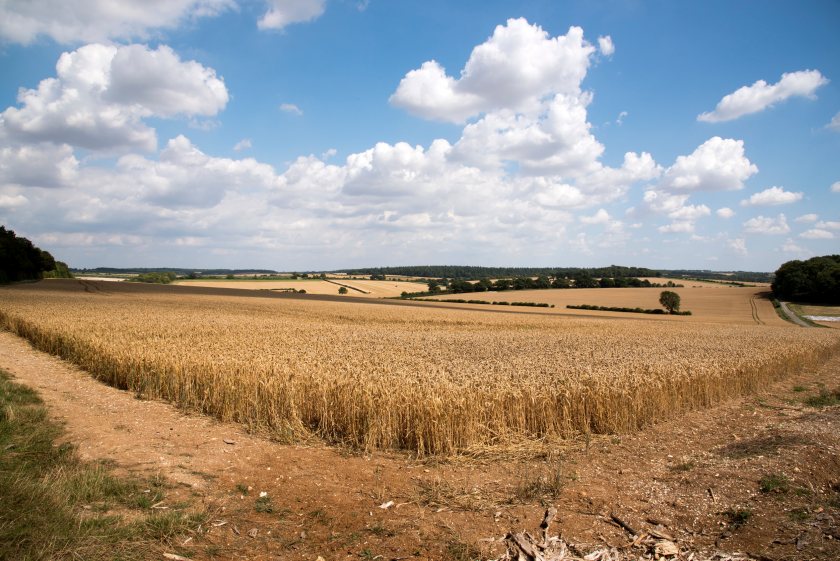Bread supply blow: UK reliant on record wheat imports after poor harvests

Months of relentless rainfall followed by scorching droughts have made managing crops “impossible”, leaving many growers fearing for the resilience of their businesses.
New analysis by the Energy and Climate Intelligence Unit (ECIU) reveals the wider picture: Britain has lost the equivalent of more than a year’s supply of bread this decade as extreme weather takes its toll on wheat harvests.
Between 2020 and 2024, the shortfall reached over seven million tonnes – enough to bake more than four billion loaves. That works out at 64 loaves per person, more than a year’s supply for every Briton.
“I have never known a more challenging time to farm,” says Lincolnshire arable farmer Colin Chappell, who is now facing his second disastrous harvest in succession.
The problem shows little sign of easing. With another poor harvest forecast for 2025 after record hot and dry conditions, the UK is expected to become even more reliant on imports.
Last autumn, wheat imports doubled compared to the five-year average, with self-sufficiency slumping from 96% in 2023 to just 79% in 2024.
Tom Lancaster, land, food and farming analyst at ECIU, said: “This decade has already seen some of the worst harvests on record after extreme rainfall made it impossible for farmers to drill and manage crops.
"And this year we’ve seen the opposite as crops suffered in the hottest and one of the driest springs and summers on record.”
He warned: “Extreme weather is making our bread less British, as millers have to turn to imports due to shortfalls in UK production, costing British farmers billions in lost income and reducing our self-sufficiency in our main, staple crop.”
Two of the three worst wheat harvests ever recorded have occurred this decade – in 2020 and 2024 – both the result of relentless rainfall.
Wetter, warmer winters are now consistent with climate projections, with climate change linked to extreme downpours that disrupted drilling and hit yields.
Chappell stressed that support is urgently needed if farmers are to adapt. “I need more support to be able to adapt to these extremes and build the resilience of my business, but with the green farming schemes here in England closed, that support isn’t open to me.
"Getting them open has to be a priority if farmers are to be able to continue to grow wheat and other key crops for the Great British public,” he said.
The ECIU analysis highlights how volatility has become harder to manage. In the past, bumper years offset weaker ones, but since 2020 four out of five wheat harvests have fallen below the twenty-year average.
Analysts warn another poor yield this year could reduce output by nearly two million tonnes compared to the long-term trend.
For farmers and consumers alike, the implications are clear: Britain’s daily bread is becoming less homegrown – and more vulnerable to the weather.








